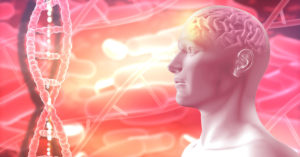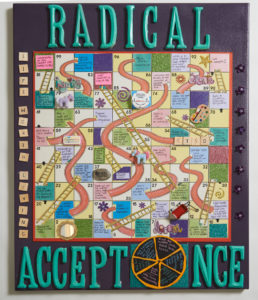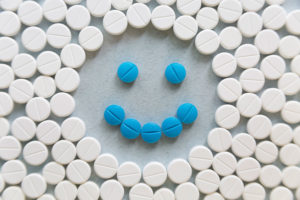Take a few moments to learn more about Skyland Trail psychiatrist, Adam Meadows, MD. Dr. Adam Meadows is a board-certified psychiatrist whose clinical interests include mood disorders, adult ADHD, and mental health concerns affecting college and graduate students. Dr. Meadows previously served as the medical director of psychiatry and behavioral health for WellStar Health System…
In order to fully understand how to best treat mental illness, we must first understand the factors that can cause mental illness, specifically the balance between nature and nurture. It’s important to remember that psychiatric conditions are medical problems that deserve the same kind of attention, research, and treatment as any physical ailment. What Causes…
Taking care of yourself—both physically and mentally—is an important part of overall wellness. The idea of self-care has grown in popularity in recent years, filling social media timelines and news feeds with tips and tricks. Self-care activities can be great tools for anyone looking to manage stress, be more aware of their feelings and emotions,…
In psychiatry, OCD is sometimes referred to as “the great imitator” because the behaviors of someone with OCD can look like symptoms of many other disorders. Psychiatric evaluation by a mental health professional is a crucial first step to ensure patients with OCD receive an accurate diagnosis and are matched with an evidence-based treatment plan. OCD is a chronic illness. By engaging in evidence-based mental health treatment, individuals with OCD can control the symptoms and manage the associated disability.
Skyland Trail has joined a small group of residential psychiatric treatment organizations that are leading the field in integrating nicotine and tobacco cessation with behavioral health treatment and will contribute to a growing body of evidence and best practices for helping clients simultaneously learn to manage psychiatric symptoms and adopt skills and strategies for long-term health and wellness.
DBT teaches that the only way to end suffering, which occurs as a result of pain and non-acceptance, is to accept reality and face the pain head on. Learn three reality acceptance skills that can help individuals find respite from suffering.
Sensory Body Awareness is a DBT skill for distress tolerance. Learn how to use practices like paired muscle relaxation, half smiling, and willing hands to navigate stressful situations or intense emotional pain.
Learn how to use DBT skills like the STOP Skill, Pros and Cons, Wise Mind ACCEPTS, TIPP, IMPROVE the Moment to weather overwhelming situations or intense emotional or physical pain.
Evidence-based psychiatric treatment relies on trust between physicians and their clients to find the best solutions possible for dealing with mental illness. Clients should be receptive to medications that can improve mood and quality of life while their doctors make a medication choice based on the client’s personal history, diagnosis, and lifestyle that has the…
We all struggle through times when sleep is in short supply: when college exams, a new baby, or a financial worry prevent us from getting a peaceful night’s rest. But research continues to uncover the consequences of regularly missing out on healthy sleep and the potential perils of sleeping too much. Sleep seems to be…










